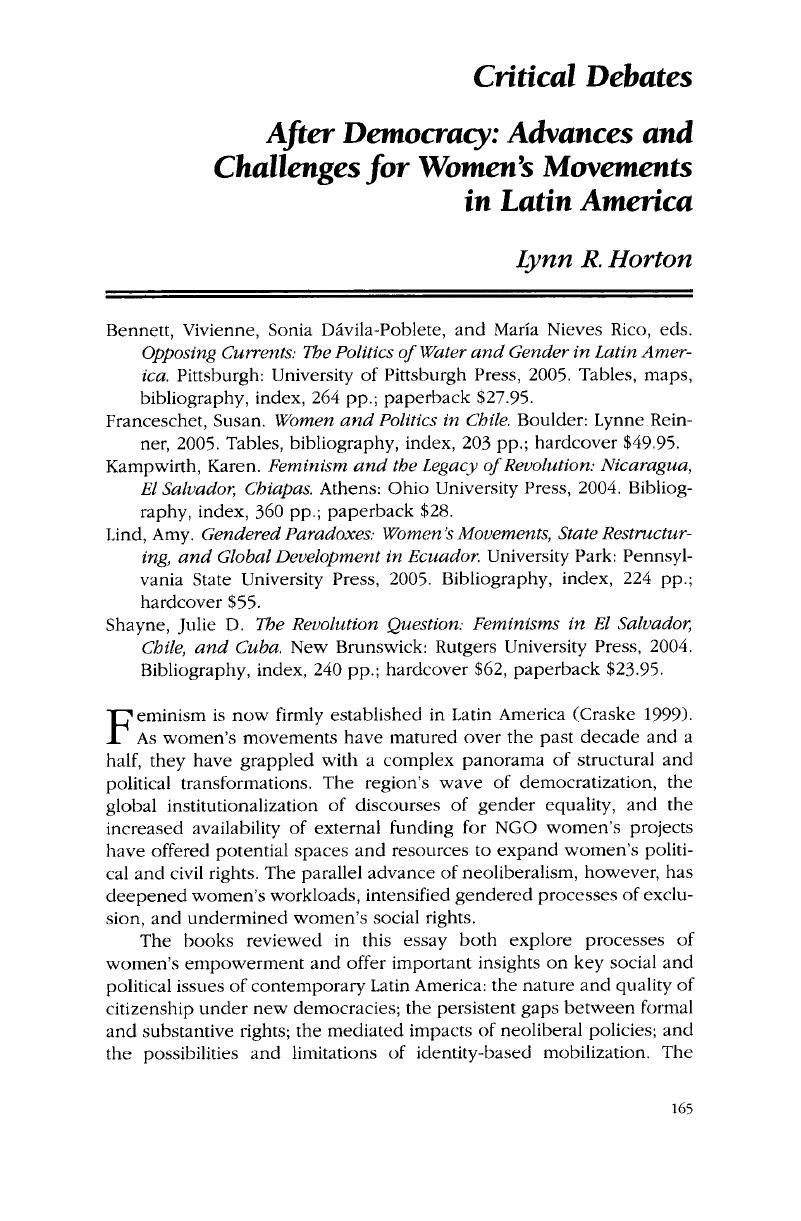Crossref Citations
This article has been cited by the following publications. This list is generated based on data provided by Crossref.
Youssef, Maro
2022.
Strategic Choices: How Conservative Women Activists Remained Active throughout Tunisia's Democratic Transition.
Sociological Forum,
Vol. 37,
Issue. 3,
p.
836.



